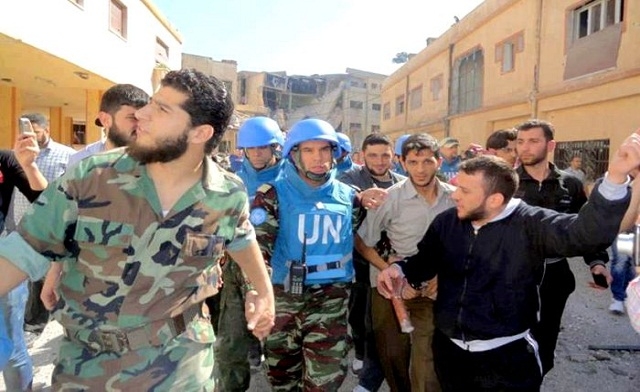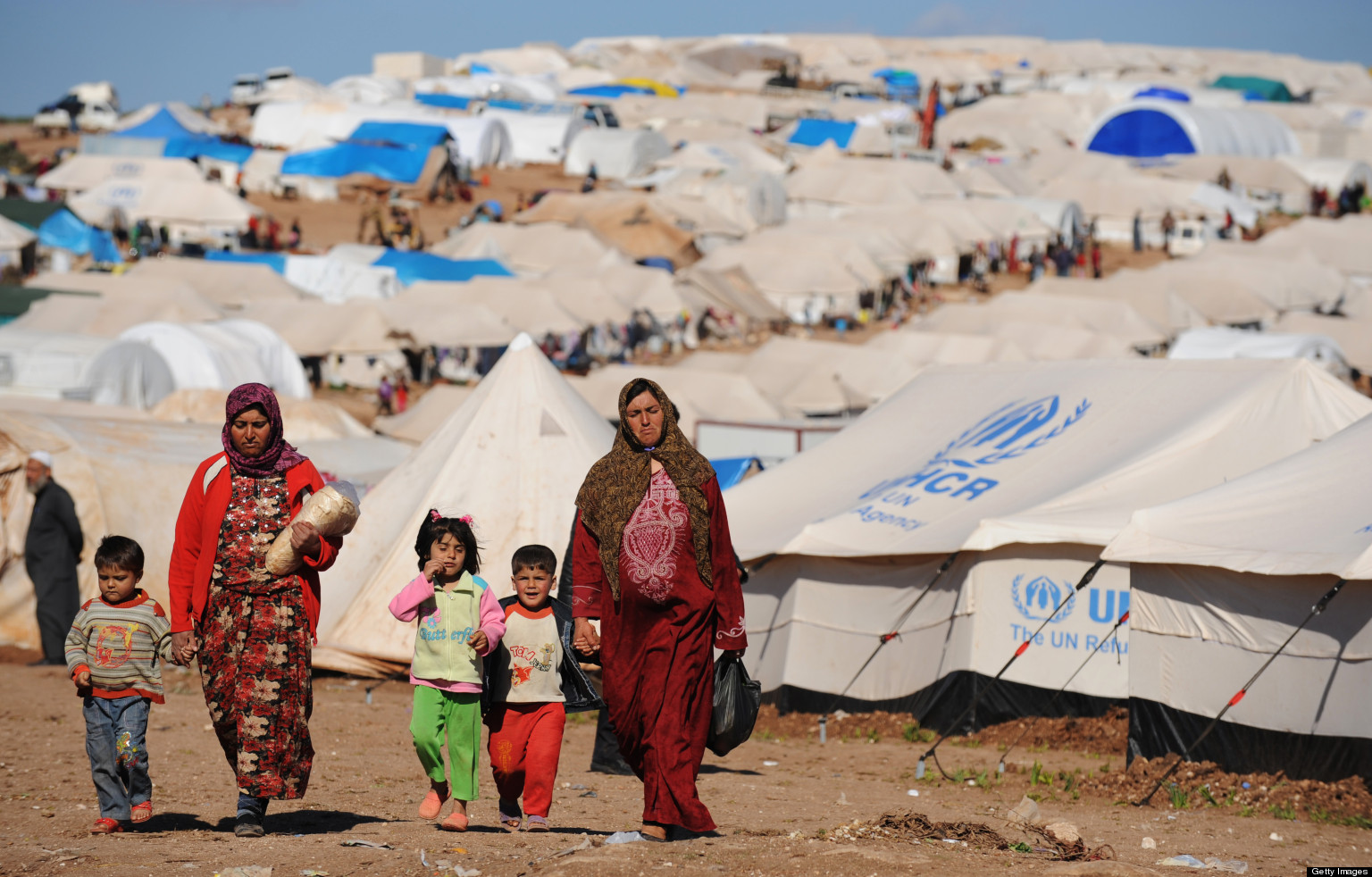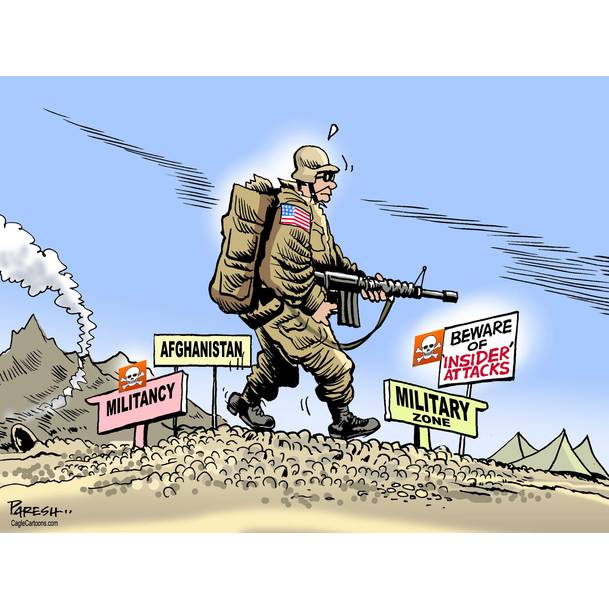What a difference a day makes. Over the weekend of September 13th and 14th, the US and Russia banded together on an agreement to coerce Syria to abandon its chemical weapon program. The report, entitled “Framework for Elimination of Syrian Chemical Weapons”, includes a five-step process for Syria to gradually reduce and subsequently eliminate its chemical weapons with the oversight of international inspectors. While this tactic is preferable to a pre-emptive American military strike (which President Obama was unable to secure Congressional support), it propels a number of critical questions onto the forefront: how will the Syrian government be held accountable for the alleged use of chemical weapons against its own civilians? Is Russia a trustworthy diplomatic partner for the US, considering its own history of supporting the Syrian government? Will this be a realistic solution to halt the use of its chemical weapons, and if not, what will?
Can Syria be held accountable?
The US, Britain, France and NATO believe the Syrian government was the perpetrator of the chemical attack on August 21, while the UN is reluctant to blame a specific actor. The organization released a report on Monday that detailed the amount and type of gas used, yet allocated no blame for the attack. The placement of accountability by the UN is critical for two reasons. Once the report is submitted to the UNSC for adoption, the UN is to be responsible for much of the inspection and removal of chemical weapons. Due to its integral role in fulfilling the mandate of the report, the UN’s hesitance to take a defined stance on the culpability of the Syrian regime could result in the inadequacy of its capabilities, and thus, the weakness of the report. Secondly, as there is no major military action planned against the Syrian government, the UN would best carry out punitive measures against the government, as it is one of the only international governing bodies with any diplomatic efficacy. A UN resolution offers increased legitimacy and weight to a cause that it aids. Without the support of the UN in denouncing the Syrian regime, there is a significant limit on how much restraint can be placed on President Bashar al-Assad.
Is Russia a trustworthy partner?
Russia continues to support the Syrian government during a civil war that has lasted two and a half years. Not only did it help intercept three UN draft resolutions that criticized President Assad’s crackdown on largely peaceful protests in 2011, but it has maintained military sales to the country over the course of the conflict. Also, it recently agreed with Assad’s claims that the rebels were responsible for the chemical attack.
There have been disagreements between Russia and the US on fundamental issues in the wake of their cooperation. As of late, Russian Foreign Minister Sergey Lavrov accused Secretary of State John Kerry of misunderstanding the deal. Lavrov stated that the deal is not meant to be under the jurisdiction of Chapter 7 of the UN Charter, which authorizes the use of force. Based on this evidence, it appears doubtful that Russia can be a feasible partner for the US for the purpose of weakening the Syrian regime and bringing peace to the aggrieved civilians of Syria. Russia cannot be counted as a credible ally of the US considering its prior pledge of allegiance to Syria.
Is this a realistic solution?
Though the elimination plan has been welcomed by Syria, many obstacles remain. American officials admit that they have limited knowledge of both the location and size of Syria’s chemical weapons program, partly because Syrian officials continue to move it. It is undetermined how the weapons will be removed and where they will be stored, and if Syria refuses to comply, not much can be done. While the US intends to take military action if the plan is drafted as a UN Resolution, Russia will surely veto any action of that nature.
Even if all goes according to plan and Syria is halted from using chemical weapons, the issue has not been solved. The conflict still ensues without any chemical attacks, just as it has for the last two and a half years. It is alleged that at least 91 Syrians were killed on Sunday, including 6 children, not to mention the more than 100,000 people that have been killed since 2011. Only time will tell what the fate of Syria will be, but for now, all bets are off.




